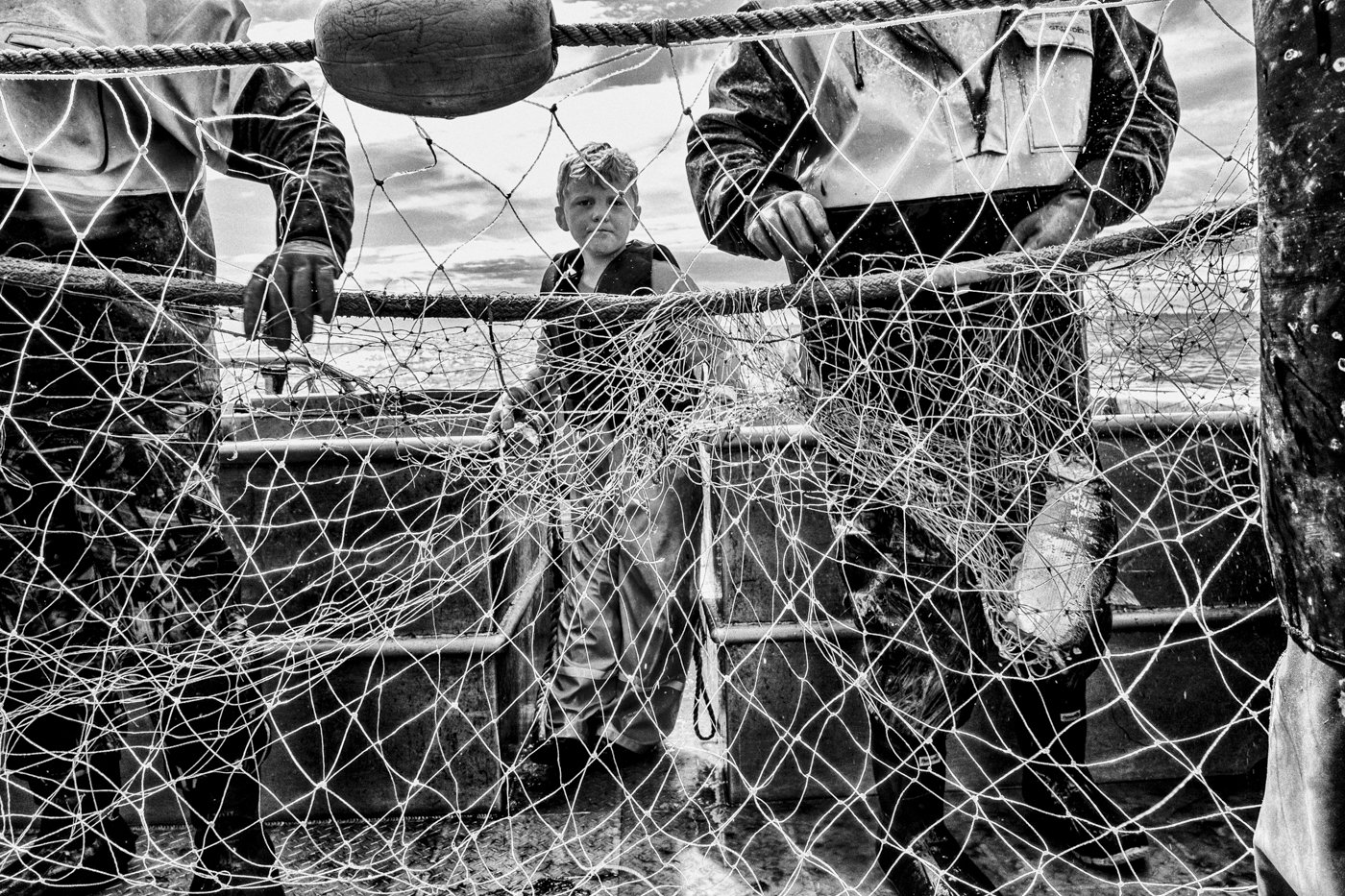




-
In 2020, my family and I fled the pandemic-enforced quarantine in Brooklyn, NY, and relocated to Homer, Alaska. I’m presenting a selection from a long-term project documenting my family and me integrating into a life utterly different from our previous experience. We are a family of four, ranging in age from eight to fifty, and obviously, each has found its integration strategy.
I chose to document this process because of my interest in personal identity. These are times when claims of identification mark the social narrative. Although we define ourselves by sexual identity, race, national origin, or gender, it is not sufficient to say who we are; we must establish which group we belong to. As an immigrant from Cuba, I refuse to define myself as a Cuban or Latino. Those are just accidents I didn’t control. Even if I’m proud of my heritage, I don’t allow it to define me. I’m just Rafael because that’s the persona I worked hard to become. In these three years here, I try to teach my children while they navigate their growing up here in Alaska there is no need to stop being who they are, to become who they want to be.
Alaska defines itself as the last frontier. It's the last refuge of the American ideal of the Wild West and its conquest. It doesn't matter what college you graduated from, how much money you have in the bank, or where you were born. The only thing that matters is how long you've lived in Alaska. The photos I present are a mix of how we look at Alaska and how Alaskans see us. I keep my camera in the confusing space between our individuality and the collective. I want to tell the story of our family discovering a new identity so that I can ask myself what identity is. I plan to finish this project in November this year, the three-year mark of our arrival.
-
I'm shooting digital files.
